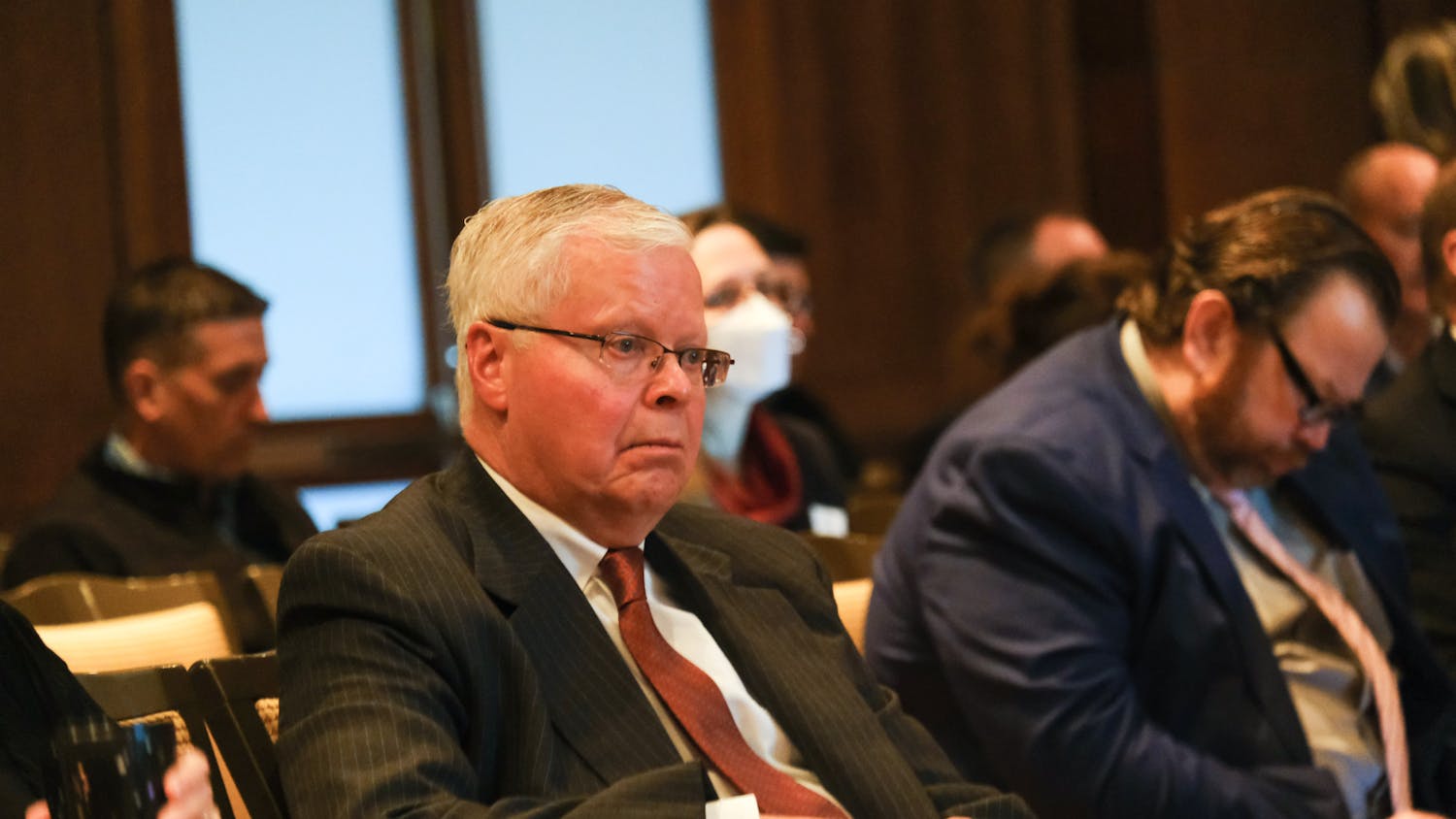The Student Services Finance Committee approved the Wisconsin Union’s 2015-’16 fiscal year budget Monday, which would roughly command a 2 percent increase to raise student wages from $8.50 to $8.65.
“The Wisconsin Union provides a lot of good services that everyone in this room enjoys. I have no problem with the budget increase as it stands,” SSFC Secretary Hoyon Mephokee said.
Representative Jessica Franco-Morales explained that the Union has shown trends of supporting high student wages. She stated that approving this grant and increasing wages shows they are committed.
Franco-Morales then suggested an even higher increase, but Vice Chair Thuy Pham expressed the need for caution.
“I would be happy with it but right now we are having a lot of cuts,” Pham said, “I would just like to be a little more careful with increasing them.”
Chair Devon Maier said that SSFC and Associated Students of Madison have had many conversations with the Union over the course of the year as opposed to other organizations where it is a rushed two-week discussion that mocks “a cat and mouse game.”
SSFC funds the Wisconsin Union non-allocable segregated fees, which means the group can only make a budgetary recommendation to Chancellor Rebecca Blank who then has final say. This differs from SSFC’s allocable portion of fees in which ASM has direct authority and mostly funds student organizations.
“It is important to work closely with the non-allocable units, due to the size and scope of everything they do,” Maier said.
Maier credited the unanimous, quick decision to the solid communication between the Union and SSFC.
“There were very little surprises when the time to review the budget rolled around,” Maier said.
The final approved budget is $10,586,316.
SSFC also examined Atheists, Humanists, & Agnostics’ proposal to work more than eight hours a day during their Free Thought festival in the spring, something they were not certain they could do.
Sam Erickson, president of AHA, asked SSFC representatives whether they would like members of AHA to “fudge” the hours worked and spread them across the week or have the ability to work more than eight hours in one day.
After some debate over whether the change violates university policy, the committee unanimously approved the latter option.






